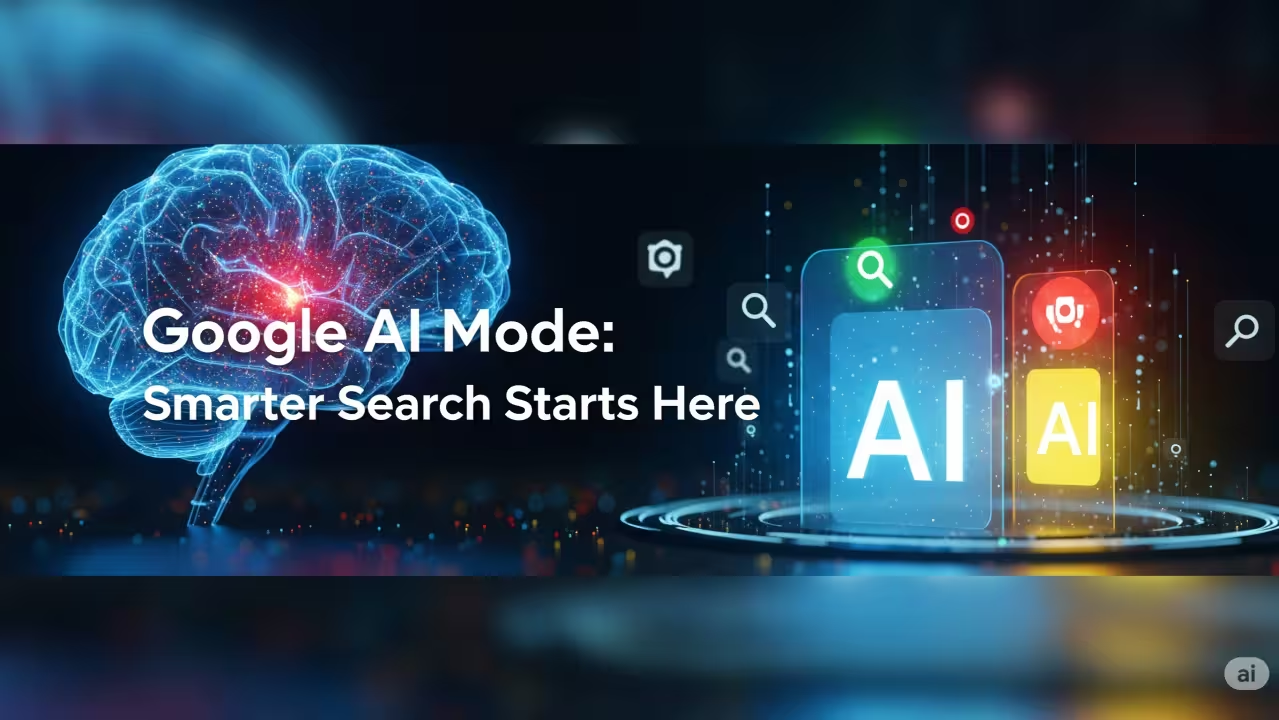4 Minutes
Google has broadened the reach of AI Mode, enhancing how users complete real-world tasks through automation, personalized recommendations, and collaborative features. Robby Stein, VP of Product for Google Search, says these updates are rolling out to more people globally, enabling faster task completion and smarter search-driven actions.
Automated Task Support
AI Mode now automates common tasks such as restaurant reservations and is slated to support local service bookings and ticketed events. Users can provide parameters—party size, date, time, location and preferred cuisine—and AI Mode will scan multiple services to surface availability. The system then presents a curated list with direct links to complete bookings.
By leveraging Project Mariner for real-time browsing, integrations with Search partners, and location and entity data from Google Maps and the Knowledge Graph, AI Mode can pull live availability and context-aware results. Current integrations include platforms such as OpenTable, Resy, Tock, Ticketmaster, StubHub, SeatGeek and Booksy, among others.
Personalized Suggestions
Within the AI Mode Labs experiment in the U.S., users receive recommendations tailored to their prior activity and stated preferences—beginning with dining-related queries. For example, a prompt like “I only have an hour, need a quick lunch spot, any suggestions?” will prioritize options consistent with previous cuisine choices, dietary needs or seating preferences.
Users retain control over personalization: they can view and modify what data AI Mode uses via Google Account settings at any time.

Collaborative Features
AI Mode supports link-sharing so friends, family or colleagues can pick up a thread, explore responses, ask follow-ups or contribute independently. This collaborative workflow is useful for trip planning, event coordination or group bookings. Shared links can be revoked or deleted by the sender whenever needed.
Global Expansion and Availability
Google is rolling AI Mode out in English across more than 180 countries and territories, in addition to existing availability in the U.S., India and the U.K. Support for additional languages and regions is planned. U.S. Google AI Ultra subscribers can access the newest personalized and automated capabilities through the Labs experiment called “Agentic capabilities in AI Mode.”
Comparisons and Advantages
Compared with generic conversational agents, Google’s AI Mode combines search, live browsing and local data to execute tasks end-to-end—something that differentiates it in local discovery and bookings. Its tight integration with Google Maps and the Knowledge Graph strengthens relevance for local intent queries, while partner integrations ensure transactional functionality (reservations, ticketing) without leaving the search experience.
Advantages
- End-to-end automation for bookings and ticketing
- Personalized results based on historical preferences
- Collaborative link-sharing for group planning
- Live data via Project Mariner and partner APIs
Use Cases
- Quickly reserving a table during a lunch break
- Coordinating group travel and event tickets
- Finding vetted local services and appointment slots
- Exploring personalized restaurant or activity recommendations
Market Relevance
AI Mode’s expansion signals a shift toward search-driven automation and contextual AI in local commerce, travel and events. For businesses and developers, tighter search-to-action pathways and partner APIs open opportunities for increased bookings and improved local SEO. For users, the combination of personalized search, live browsing, and transactional integrations makes it easier to move from discovery to booking in fewer steps.
As Google continues to add languages, regions and partner integrations, AI Mode is likely to become a key platform for local discovery, reservations, and ticketing—bridging search intent with agentic automation and improving conversion across digital services.
Source: fonearena


Leave a Comment